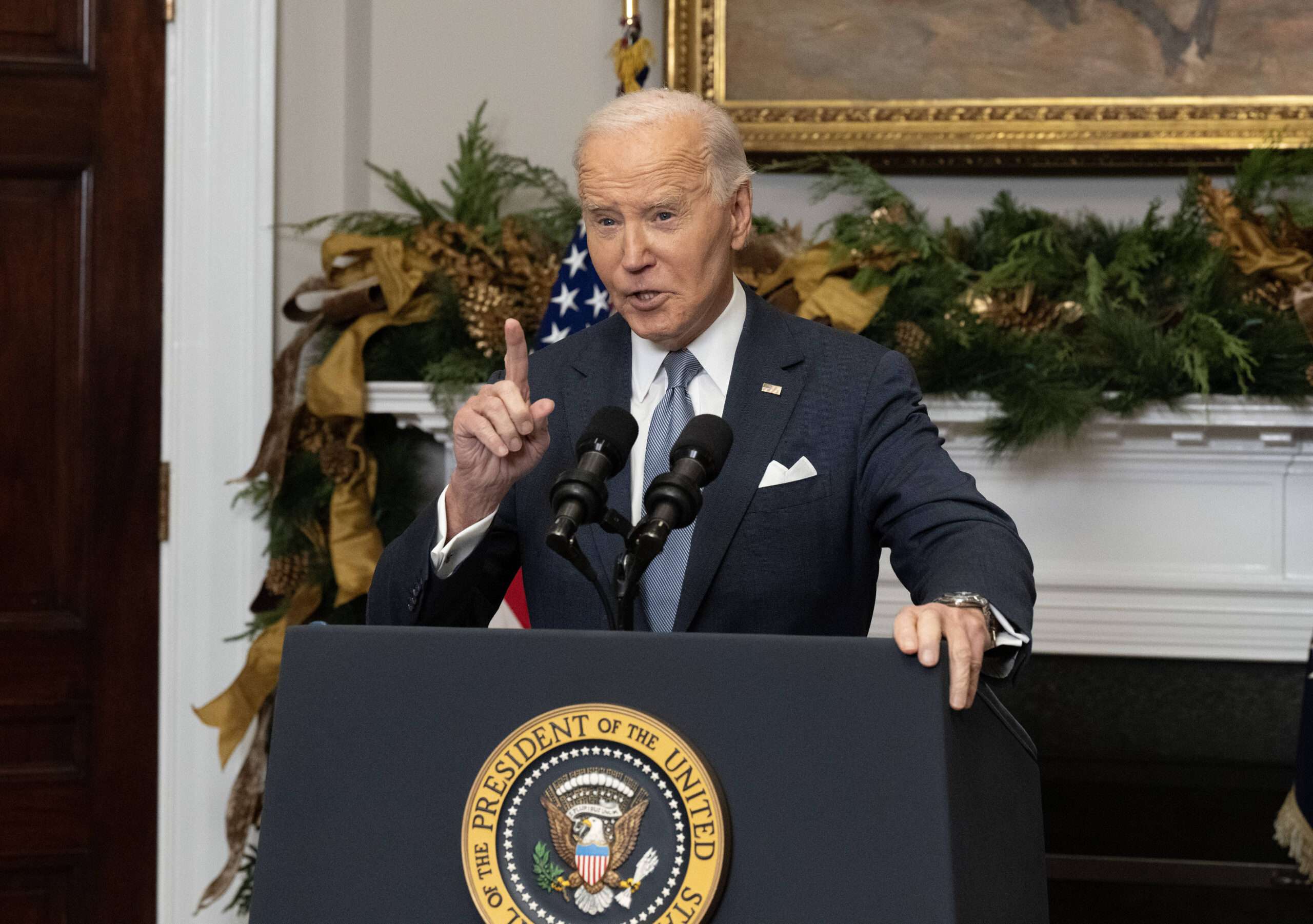President Biden Grants Clemency Following Advocacy by Criminal Justice Organizations
President Biden’s recent exercise of his clemency powers has brought relief to thousands of individuals serving federal sentences, sparking both praise and criticism regarding the scope and targets of his actions. The President granted pardons to 39 individuals, primarily focusing on those convicted of non-violent offenses who demonstrated rehabilitation and remorse. Simultaneously, he commuted the sentences of approximately 1,500 individuals previously released to home confinement during the COVID-19 pandemic, effectively allowing them to remain in their communities and continue their reintegration process. This move comes amidst ongoing pressure from advocacy groups urging Biden to utilize his clemency authority more extensively, particularly for vulnerable populations like death row inmates and non-violent drug offenders. The timing of these actions, following a controversial pardon granted to his son, Hunter Biden, has further fueled debate about the fairness and consistency of the President’s approach to clemency.
The selected pardon recipients, according to the White House, faced excessively long sentences for non-violent crimes and have since demonstrated positive change and commitment to rehabilitation. Their stories highlight the potential for individuals to reform and contribute meaningfully to society after serving their time. Among the pardoned individuals are those who have dedicated themselves to helping others, such as Shannan Rae Faulkner, a former inmate who now works as a counselor and recovery coach for trauma victims. These cases underscore the transformative power of second chances and the importance of providing opportunities for rehabilitation and reentry into society. The President’s emphasis on remorse and rehabilitation suggests a focus on individuals who have taken responsibility for their actions and are actively working towards a better future.
The commutation of sentences for individuals on home confinement resolves a lingering issue stemming from the COVID-19 pandemic. These individuals, released to home confinement due to the health risks posed by incarceration during the pandemic, faced the prospect of returning to prison after the emergency declaration ended. This potential reversal sparked advocacy efforts to maintain their release, citing extremely low recidivism rates and successful reintegration into their communities. The Biden administration’s initial reluctance to intervene evolved into a decision to allow the Bureau of Prisons discretion in these cases, ultimately leading to the commutations. This decision reflects a recognition of the positive outcomes achieved through home confinement and a commitment to avoiding disruption for those who have demonstrated responsible reintegration.
The President’s actions, while welcomed by many, also highlight ongoing debates surrounding criminal justice reform and the application of clemency powers. The absence of any death row inmates among those granted clemency has drawn criticism from advocates who argue for a more comprehensive approach to addressing systemic issues within the justice system. Biden’s campaign promise to end the federal death penalty remains unfulfilled, and advocates continue to press for action on this front. Furthermore, the controversy surrounding the pardon of Hunter Biden raises questions about potential disparities in the application of clemency and the influence of political considerations. The public scrutiny of this specific case underscores the need for transparency and clear justification in clemency decisions to maintain public trust in the process.
The broader context of these clemency actions includes a complex interplay of political, legal, and social factors. Advocacy groups have played a significant role in pushing for clemency reform, highlighting the human cost of harsh sentencing practices and advocating for second chances. The COVID-19 pandemic further exposed the vulnerabilities of the incarcerated population and prompted a reevaluation of traditional approaches to incarceration. The ongoing debate regarding the appropriate scope of presidential clemency powers reflects differing perspectives on the role of punishment, rehabilitation, and mercy in the criminal justice system.
Looking ahead, President Biden’s statement suggests further clemency actions are under consideration. Advocacy groups remain hopeful that he will address the issue of federal death row inmates and continue to review petitions to ensure equitable application of the law and promote rehabilitation. The ongoing dialogue surrounding criminal justice reform and the use of clemency powers will likely shape future policy decisions and continue to raise important questions about fairness, equity, and the pursuit of a more just and humane system. The President’s emphasis on equal justice and second chances suggests a commitment to addressing disparities and promoting opportunities for rehabilitation, but the specifics of future clemency actions remain to be seen.
Share this content:












Post Comment